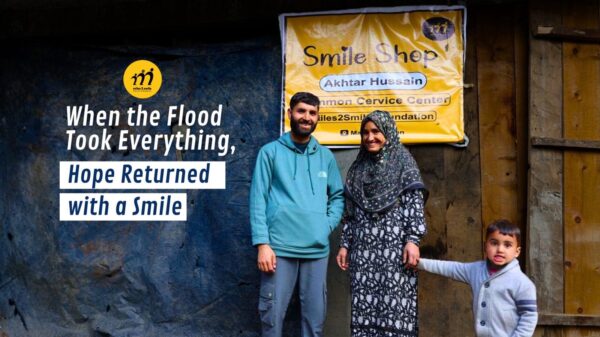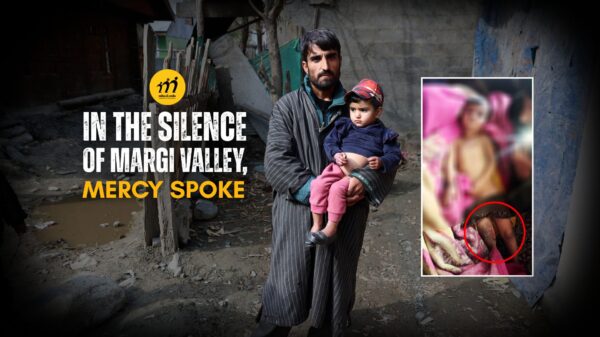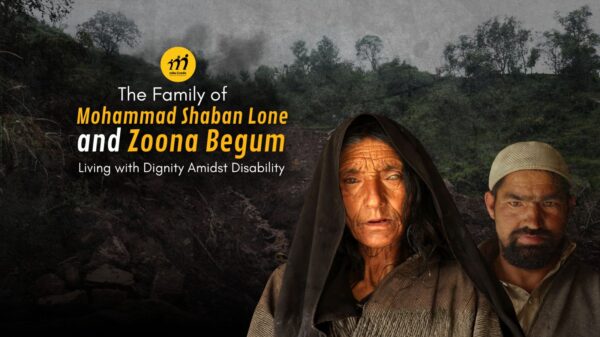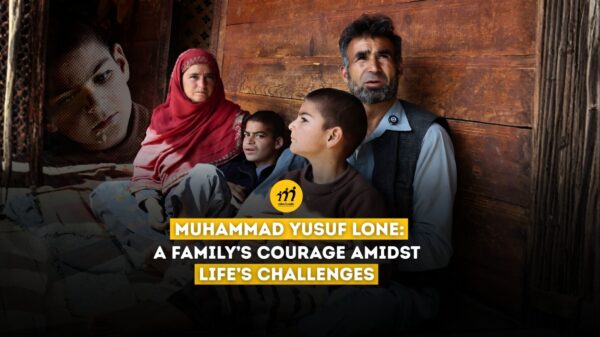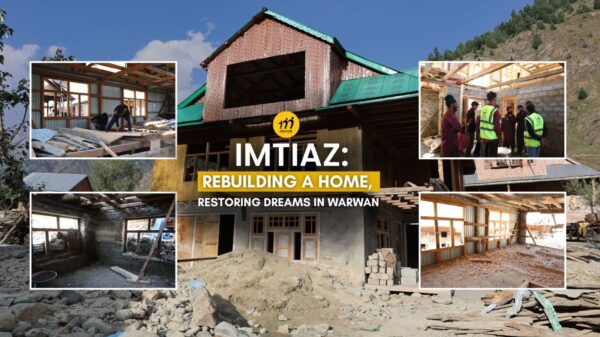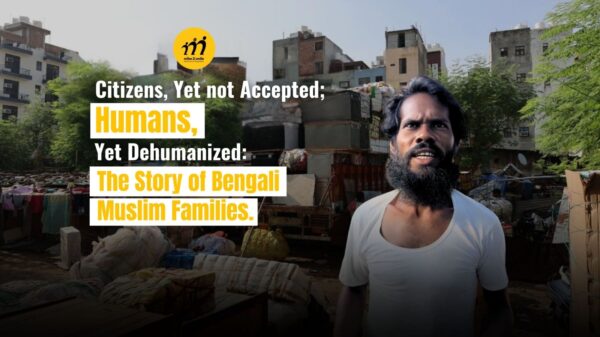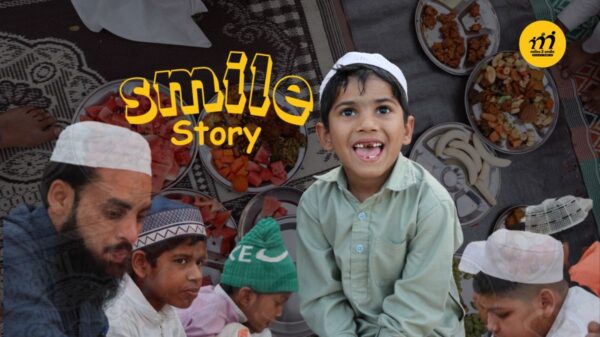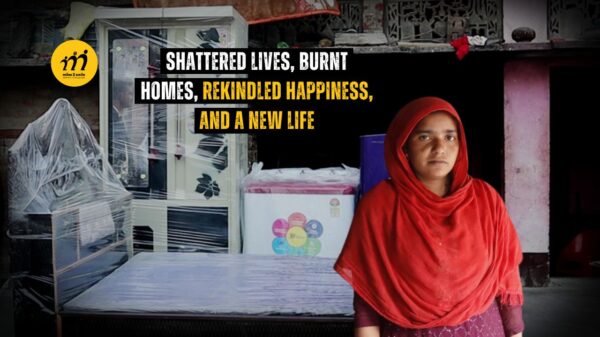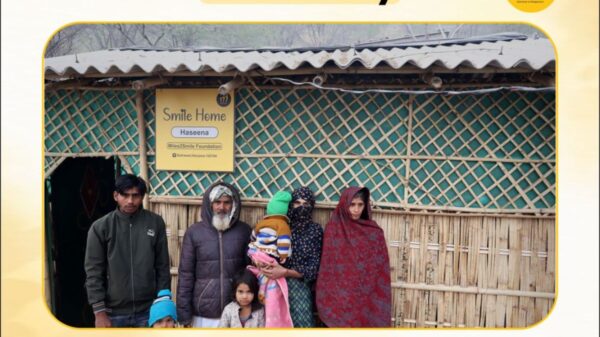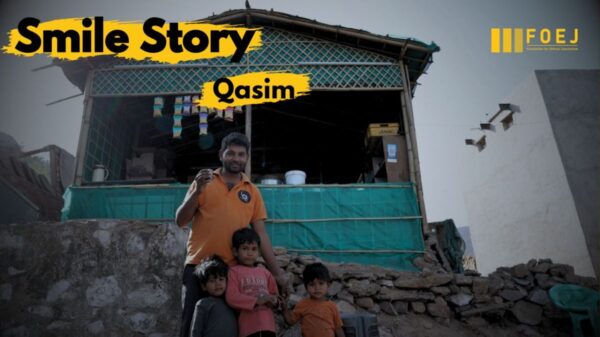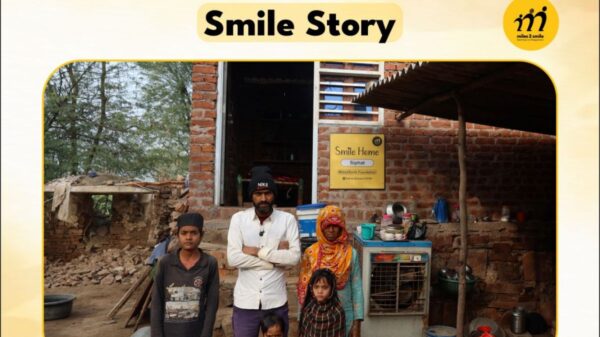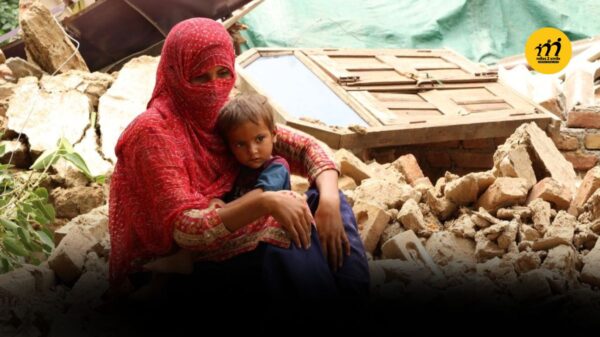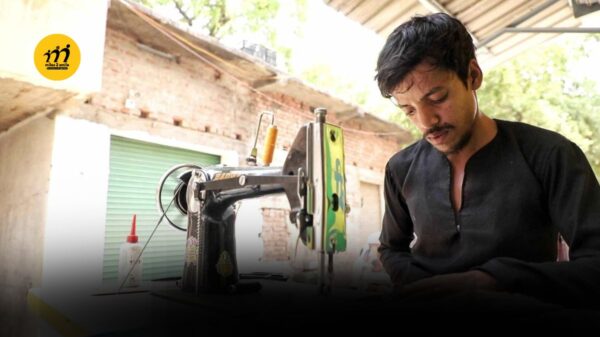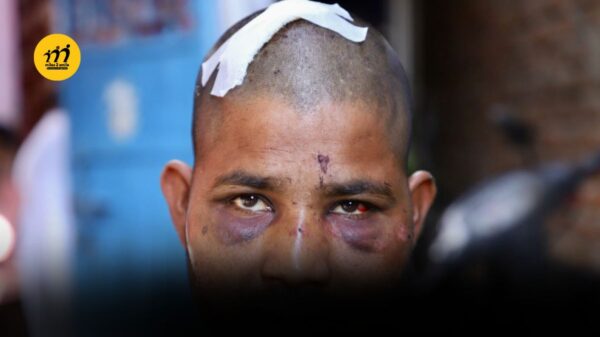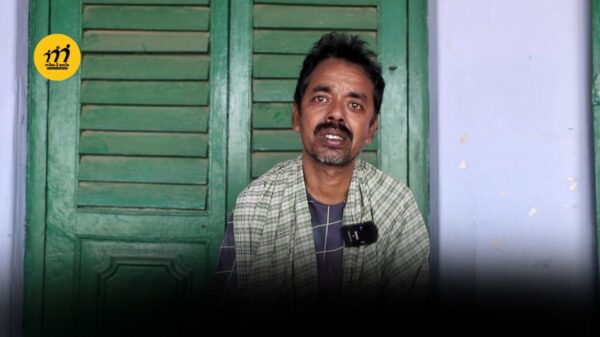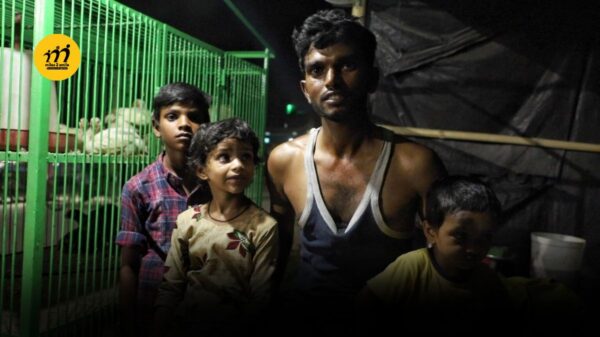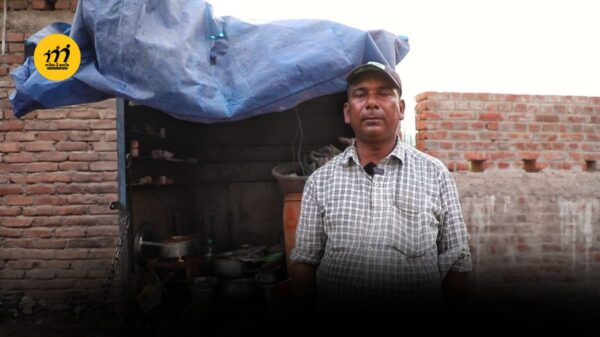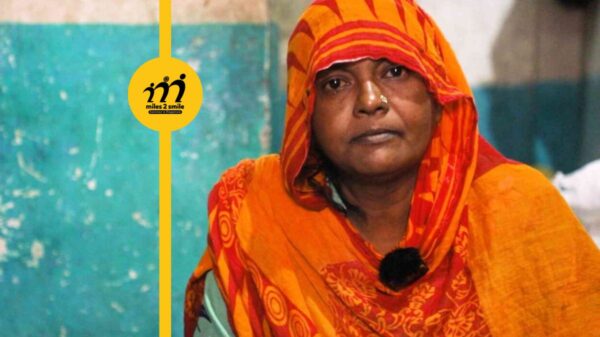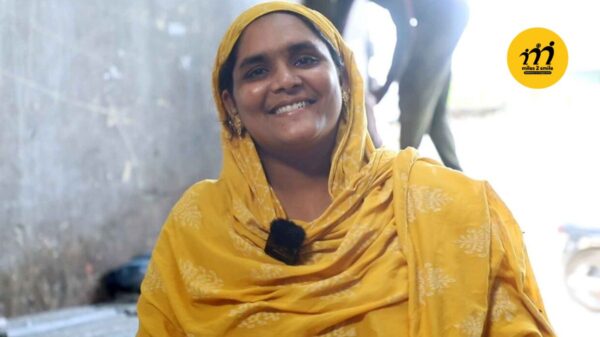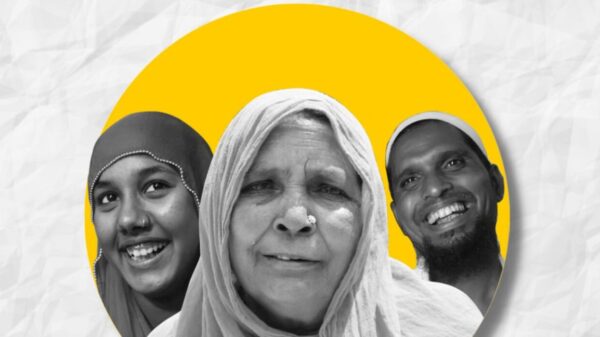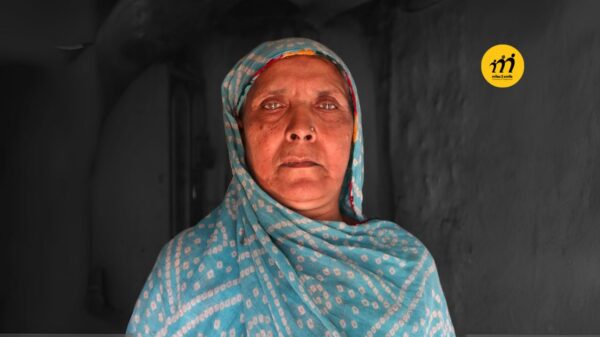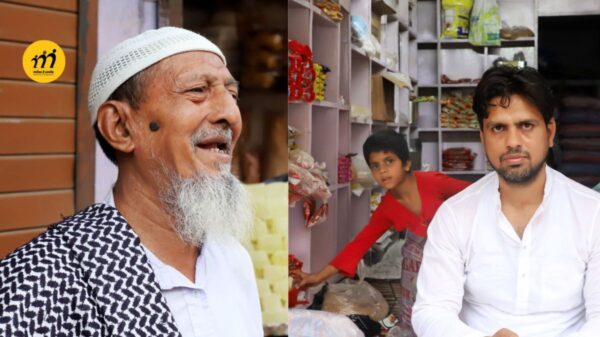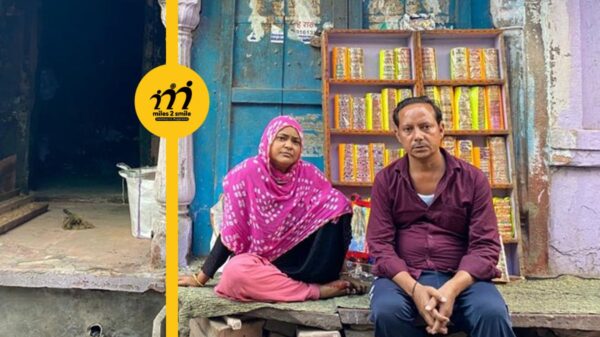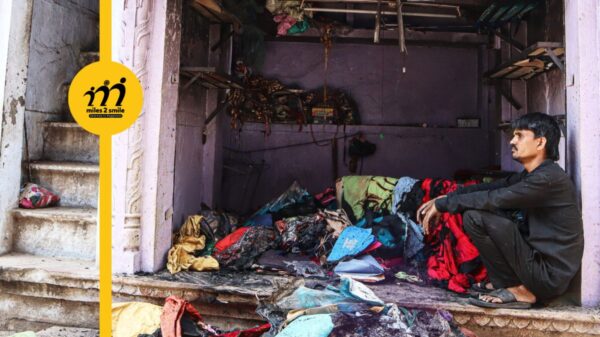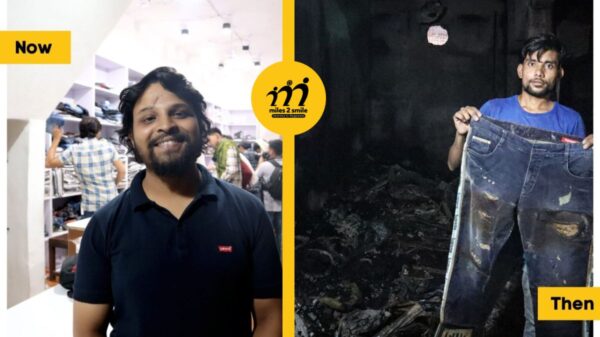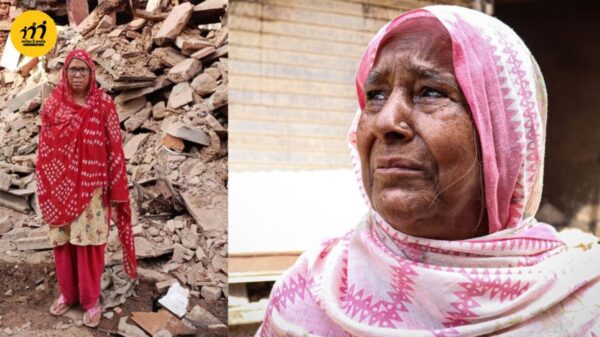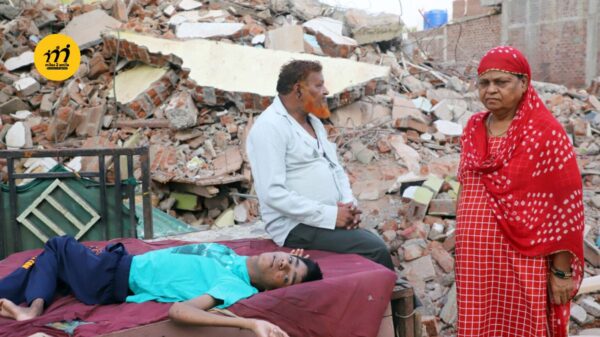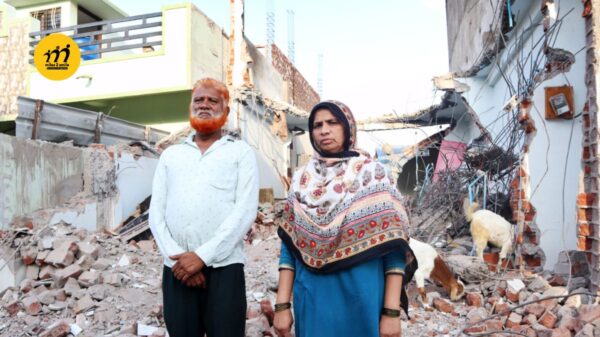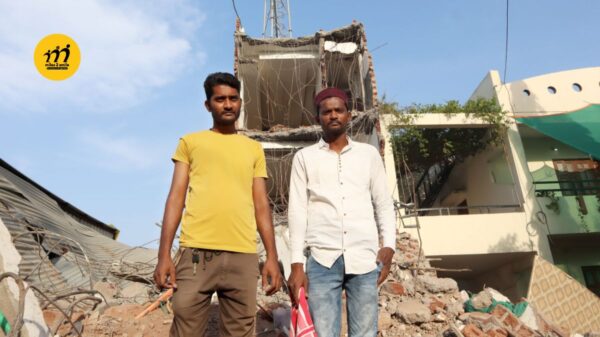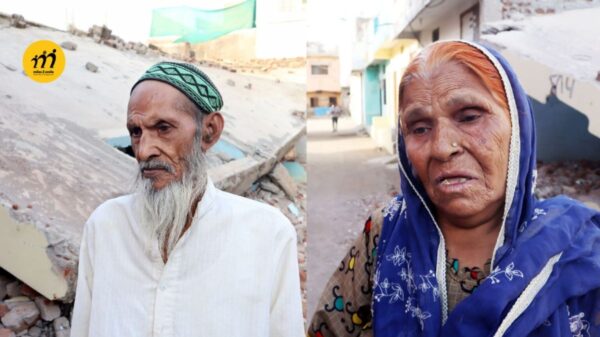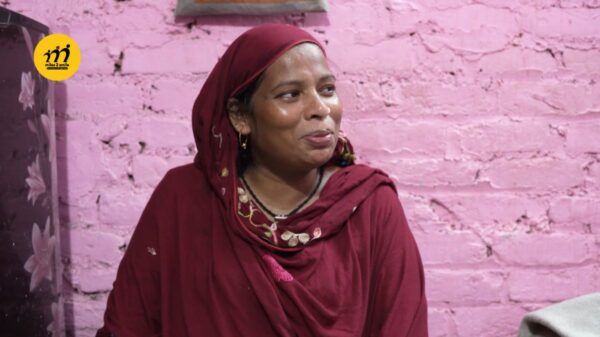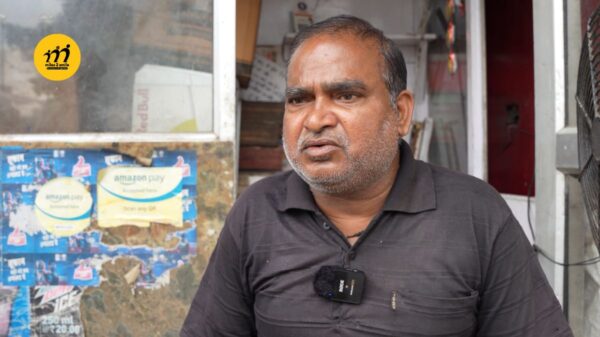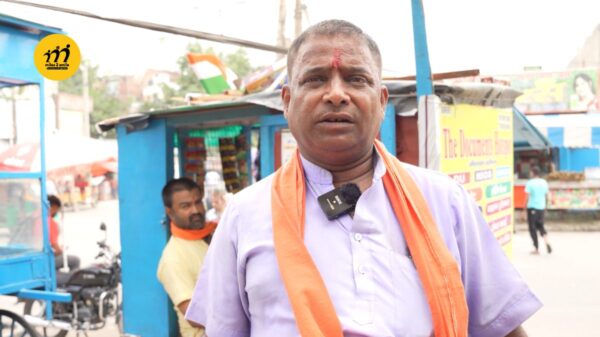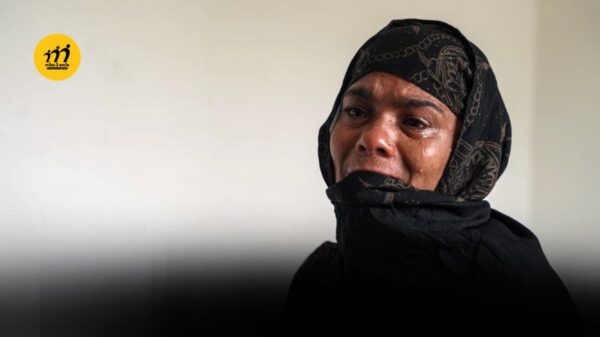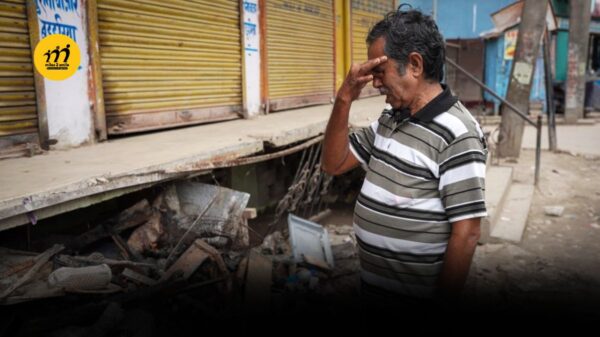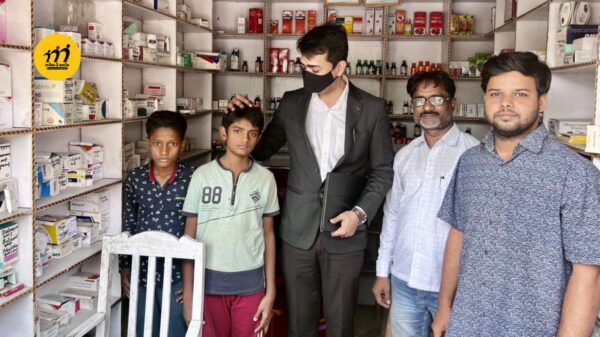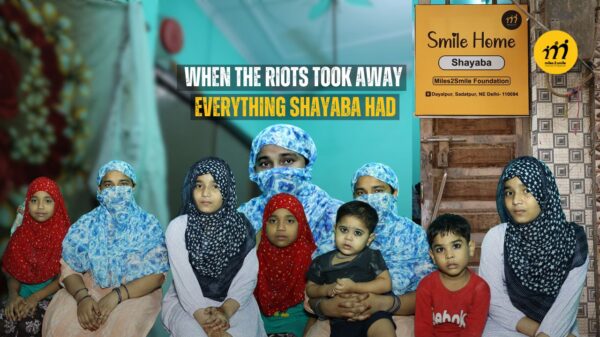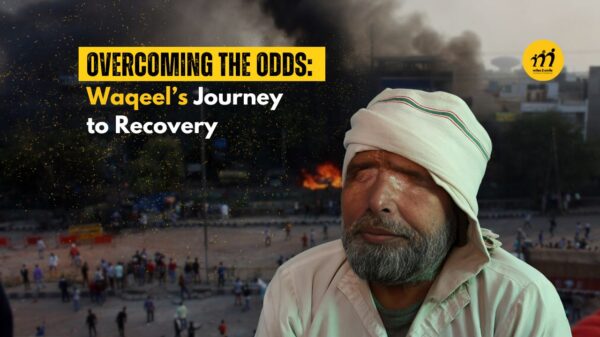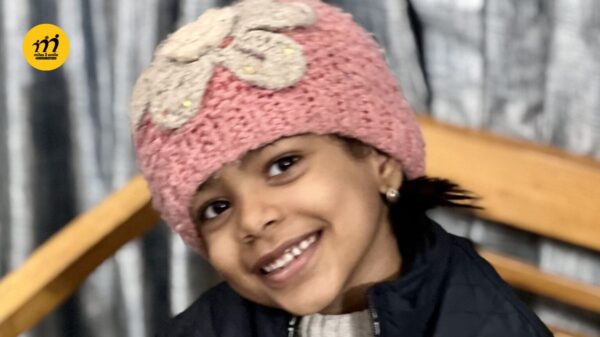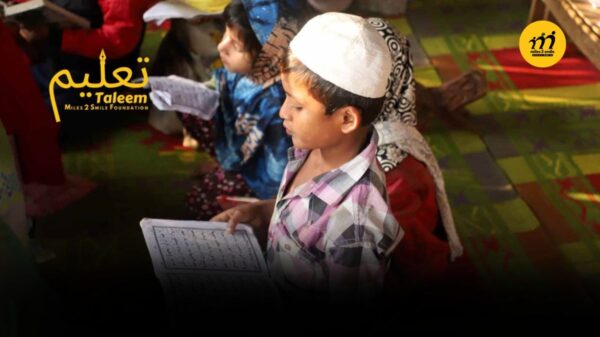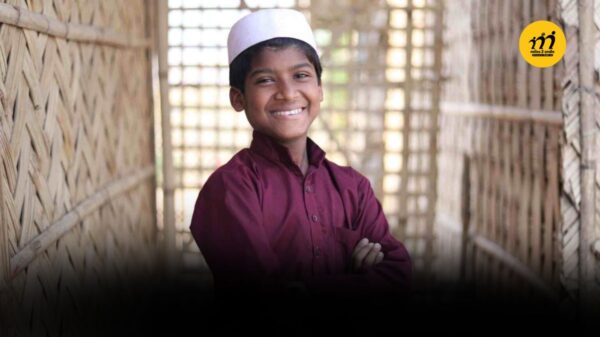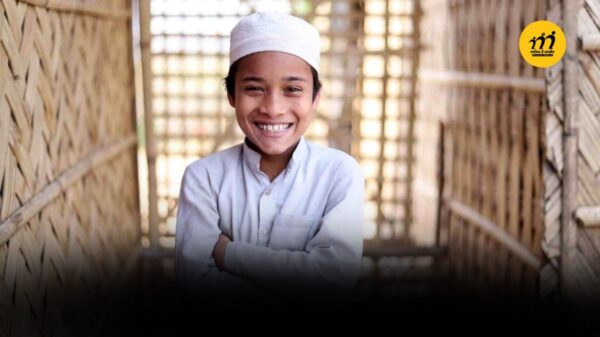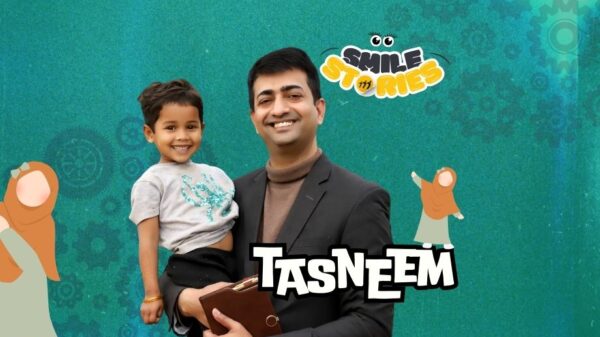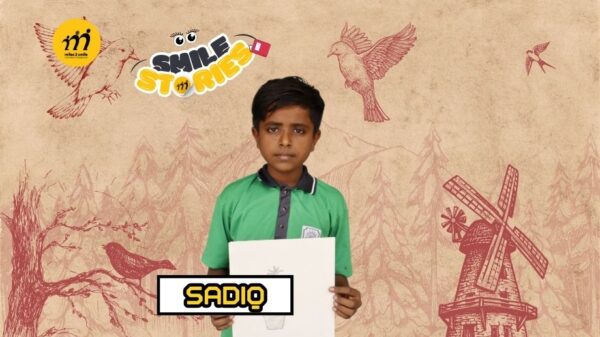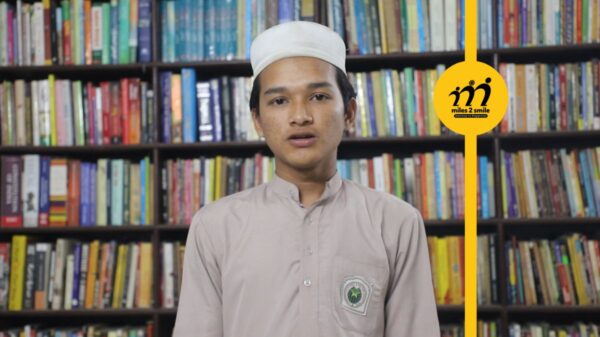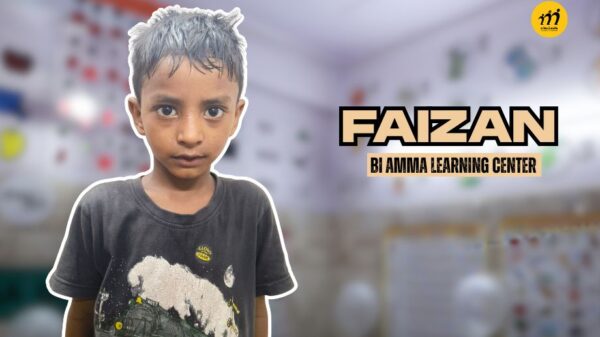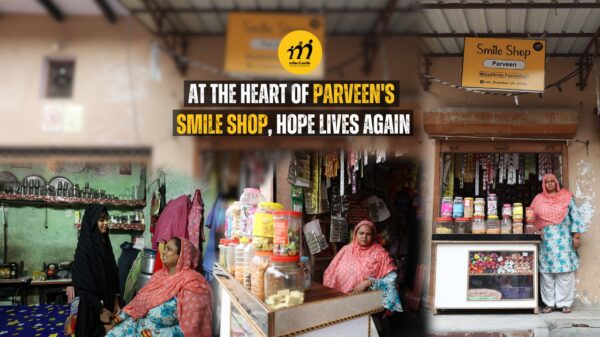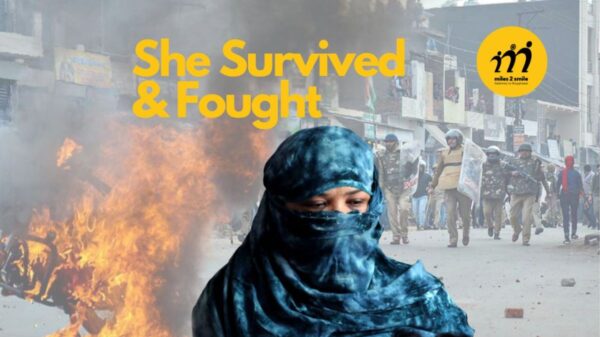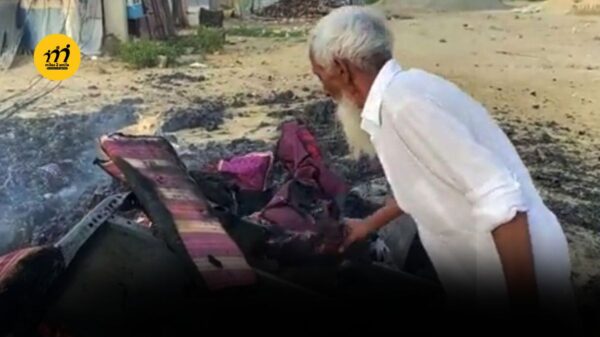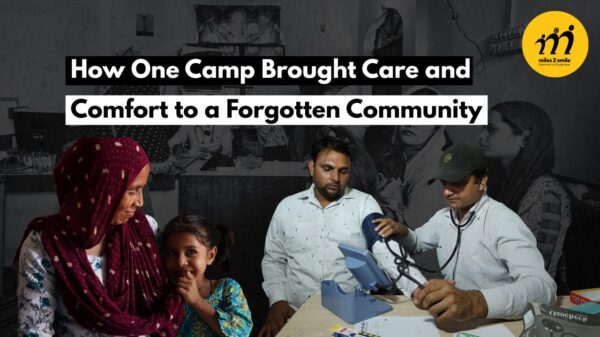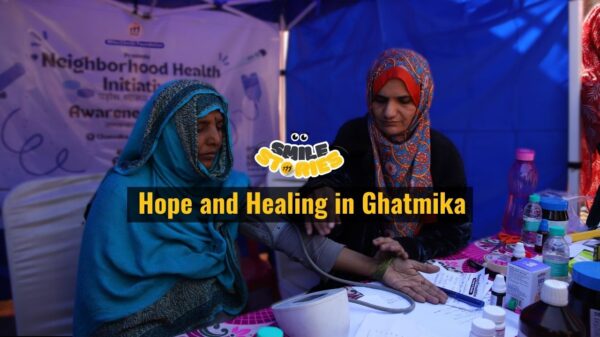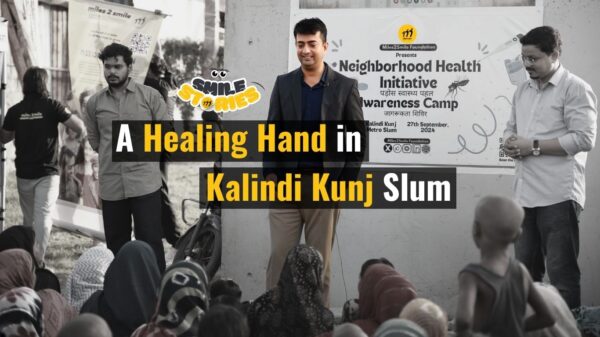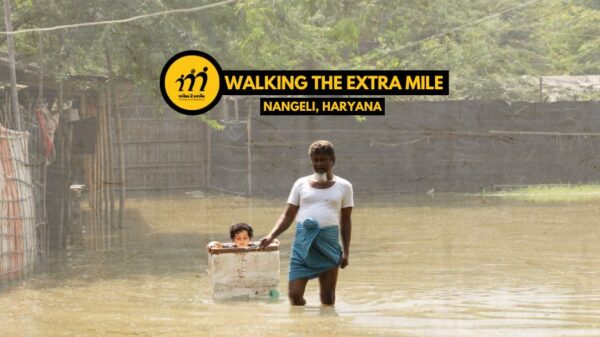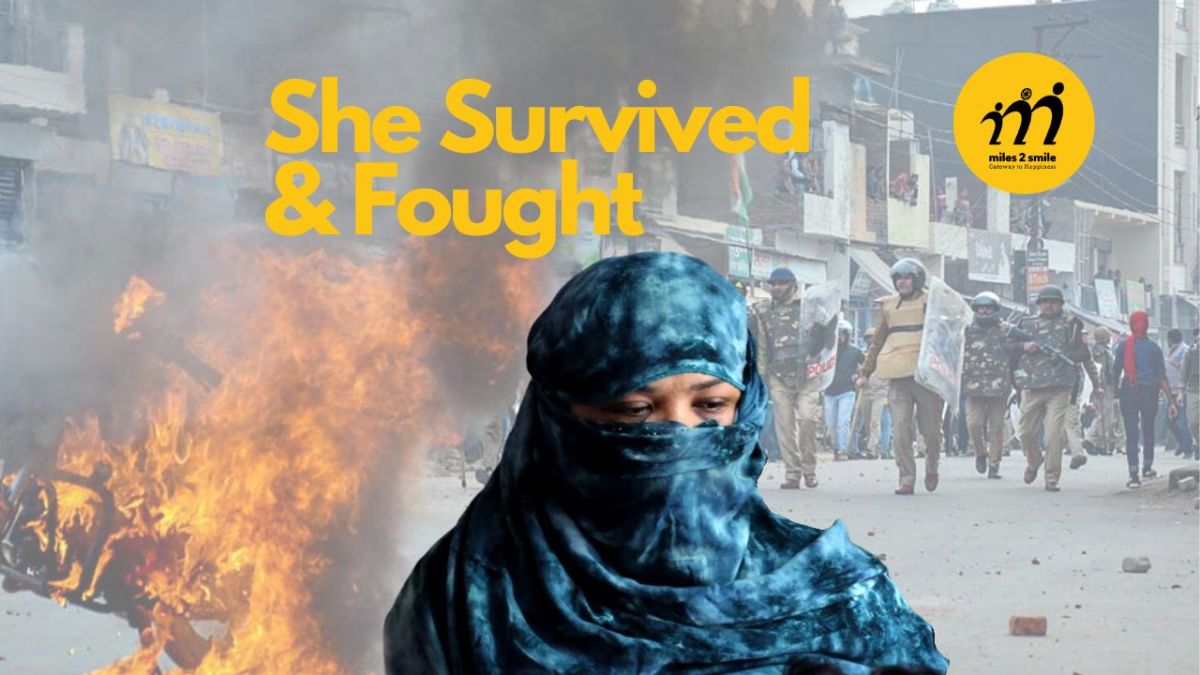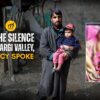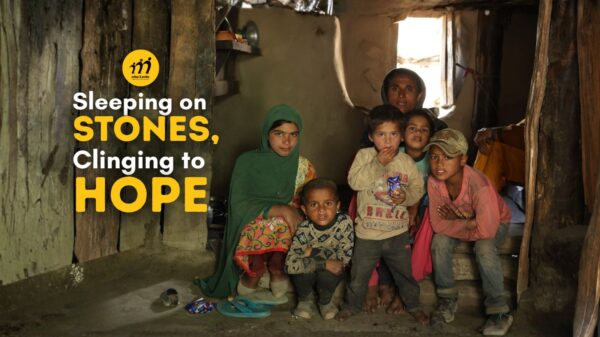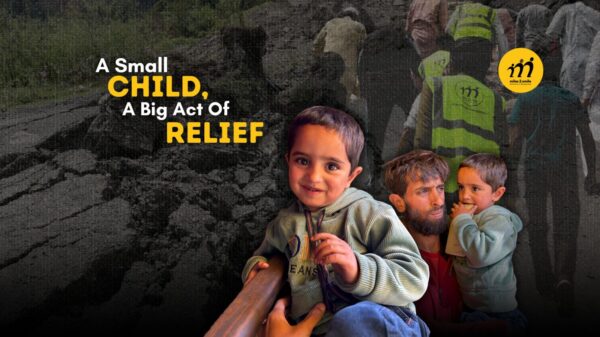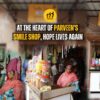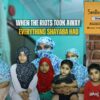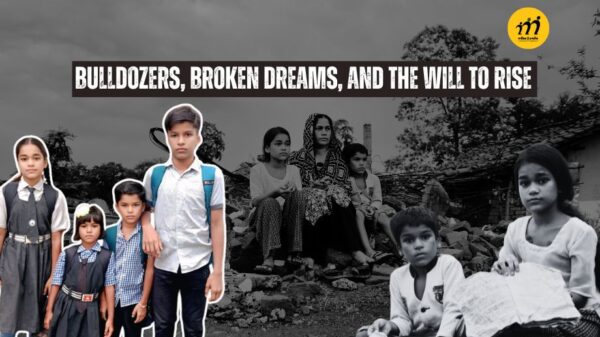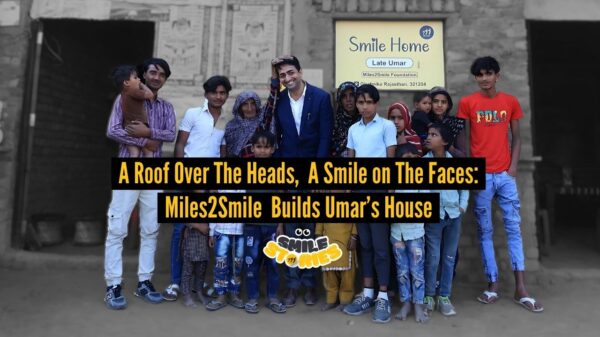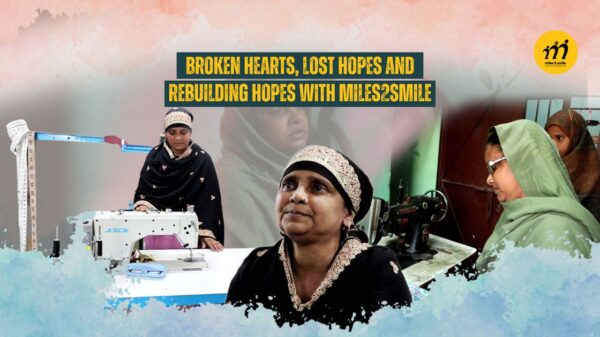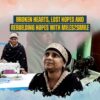The residents of Muzaffarnagar found themselves grappling with a tragedy that unfolded during the riots of 2013. The violence claimed the lives of nearly 62 individuals throughout the district, with an overwhelming majority of 40,000 to 50,000 displaced, predominantly from the Muslim community. To regain control and restore order, approximately 10,000 police personnel and paramilitary forces were deployed.
On 7 September 2013, communal violence broke out in villages across Muzaffarnagar and Shamli including Fugana Khutba, Kutbi, Lank, Lisad, Bahawadi, Mohammadpur Rai, Singh, Kakra, Kharad, Mohammadpur Modern and Atali.
Among the harrowing incidents that spread throughout the Muzaffarnagar riots, 62 lives were lost and a staggering 60,000 Muslims were displaced, with reports of seven cases of gang rape, one of which involved a survivor, Ayesha (name changed). Despite six women withdrawing their cases, Ayesha persisted through a decade-long legal battle.
Legal Hearings
Three people, Maheshveer, Sikandar, and Kuldeep, were accused in a case. Maheshveer was arrested in June 2014, while Sikandar and Kuldeep were arrested in September 2015. The case took a long time, which goes against the Criminal Law Amendment Act, 2013, which mandates the conclusion of rape trials within two months of filing the chargesheet.
September 2014:
– Chargesheet filed.
– Supplementary chargesheets on 19 September 2014 and 23 December 2014.
8 December 2018:
– Charges framed against the three accused men after a four-year delay.
October 2014:
– Closure report filed but rejected by a local court in 2015.
– Survivors accuse investigating officers of coercion.
June 2014:
– Maheshveer arrested.
2015:
– National Human Rights Commission and Supreme Court intervene, ensuring the continuation of the investigation.
September 2015:
– Sikandar and Kuldeep arrested.
– Kuldeep passes away in November 2020 under unclear circumstances.
– Accused spent a few months in prison before securing bail.
November 2021:
– Seven prosecution witnesses examined over three years.
November 2021 to April 2022:
– Six months of final arguments disrupted by the transfer of three judges.
January 2022:
– Case initially scheduled for final arguments in Muzaffarnagar court.
February 2022:
– Advocate Vrinda Grover concludes arguments on behalf of Ayesha.
July 2022:
– Presiding judge was transferred, causing significant delays.
November 2022:
– Accused’s lawyers face a fine for causing delays.
December 2022:
– Ayesha files a petition for the case’s transfer to a fast-track court, approved on 22 December.
February 8, 2023:
– Ayesha approaches the Supreme Court due to lack of progress.
April 3, 2023:
– Daily hearings commence in the fast-track court after Supreme Court intervention.
April 17, 2023:
– Trial court warns that if arguments on behalf of the accused do not commence from 18 April 2023, their right to present their case would be closed, and the matter would be listed for judgement.
May 9, 2023:
– Additional district and sessions judge Anjani Kumar Singh sentences Sikander and Maheshveer to 20 years and a fine of Rs 10,000 for rape and another two-year term for criminal intimidation under the Indian Penal Code, 1860.
The Story Unfolds
Sixty kilometres away in Kawal village in neighbouring Muzaffarnagar district, Ayesha’s family had set their life for them in Lank village of Shamli district. With two rooms, a hall and a bunch of relatives from the neighbourhood who used to visit them from time to time, Ayesha earned by sewing clothes and her husband owned a shop in the village. Little did they know their universe would fall apart during the events of September 2013.
Ayesha’s incident included a brutal gang rape perpetrated by three Hindu men who, at knifepoint, threatened her infant child’s life while taking turns assaulting her. Isolated for 5–6 months, Ayesha received no visitors.
“The tragic events unfolded when a group of Jat individuals convened in Kanwal to discuss a minor dispute. Subsequently, they escalated the situation, issuing threats to kill every Muslim. My husband, already dealing with a sick child, took him to the hospital, narrated Ayesha. While Ayesha attempted to escape from her place, she lost her way and became a victim.
Ayesha’s family endured persistent harassment, including threatening phone calls. “The accused started calling us, forcing us to pay money. They targeted my husband’s uncle and even visited our children’s school, threatening to kidnap and harm them,” said Ayesha.

“There is no question of compromising; our dignity isn’t so cheap that I would trade it for a few thousand rupees,” added Ayesha who accustomed herself to loneliness. She highlighted the isolation she faced after the rape, revealing that no woman visited her for years to avoid being associated with a rape victim.
In Ayesha’s village, comprising only ten Muslim households on the outskirts surrounded by Jat families, the violence unfolded in a systematic order, targeting one area at a time. Amid the chaos, a 12-year-old child lost their life.
“I heard about the violence while in the hospital. I heard that people are being killed, houses are being burned, and people are fleeing. While everyone was running to escape, so was Ayesha”, Ayesha’s husband narrated with a dread in his tone.
Her children question the reason for leaving their village, unaware of the atrocities inflicted upon their family. Ayesha envisions a day when their children will learn about the injustices committed against them, harbouring resentment for those who wronged them.
In 2016, Ayesha’s family was facing threats from the locality, thus compelling them to move to Delhi. After moving to a new village, Ayesha’s family found themselves in profound poverty. Her husband lost his primary source of income and accumulated debts through frequent court hearings.
Ray of Hope
In this challenging time, Miles2Smile stepped forward to provide support, assisting Ayesha in establishing a dignified livelihood.

For financial welfare, the NGO purchased a cab to Ayesha’s husband and as an endeavor for a better education to her children, Miles2Smile plans to enroll the kids in their Shaagird programme. Not only has the NGO backed their finances but also aided them with satisfying medical assistance and care. Ayesha’s husband expressed gratitude, stating, “Even when we are not in our own home, we feel a sense of belonging here, thanks to the help provided by Aasif Mujtaba.”

